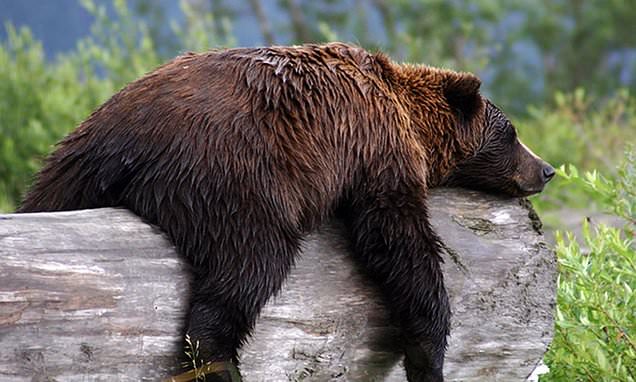Home / Science / Dio3 Gene Identified as Key to Mammalian Seasonal Behaviors
Dio3 Gene Identified as Key to Mammalian Seasonal Behaviors
17 Nov
Summary
- Single gene, Dio3, controls hibernation and migration in mammals
- Dio3 gene is critical for setting internal seasonal clock
- Findings provide better understanding of annual health and illness

In a significant breakthrough, researchers from the University of Glasgow have pinpointed a single gene, called Dio3, as the driving force behind seasonal behaviors in mammals such as hibernation and migration. The study, published in the journal eLife, reveals that this gene is present in all mammals and plays a crucial role in setting their internal seasonal clock.
The researchers focused their investigation on the Djungarian hamster and discovered that the Dio3 gene must be active for mammals to initiate their winter dormancy. This finding provides a deeper understanding of the intrinsic mechanisms behind these annual physiological and behavioral changes.
"Our work is important because we now know the genes involved, and the sequence of changes in gene expression that control long-term changes in seasonal physiology and behaviour," explained Professor Tyler Stevenson, the lead author of the study. "By understanding how and when genes are active during the season, we can gain better knowledge of the underlying mechanism for annual health, and importantly, the potential causes of acute or chronic illnesses."
The study's findings have far-reaching implications, as the Dio3 gene is present in all mammals, including humans. The researchers note that the gene is predominantly active in animals living closer to the poles, where seasonal changes are more pronounced. This discovery opens new avenues for further research into the genetic underpinnings of seasonal rhythms and their impact on overall health and well-being.



